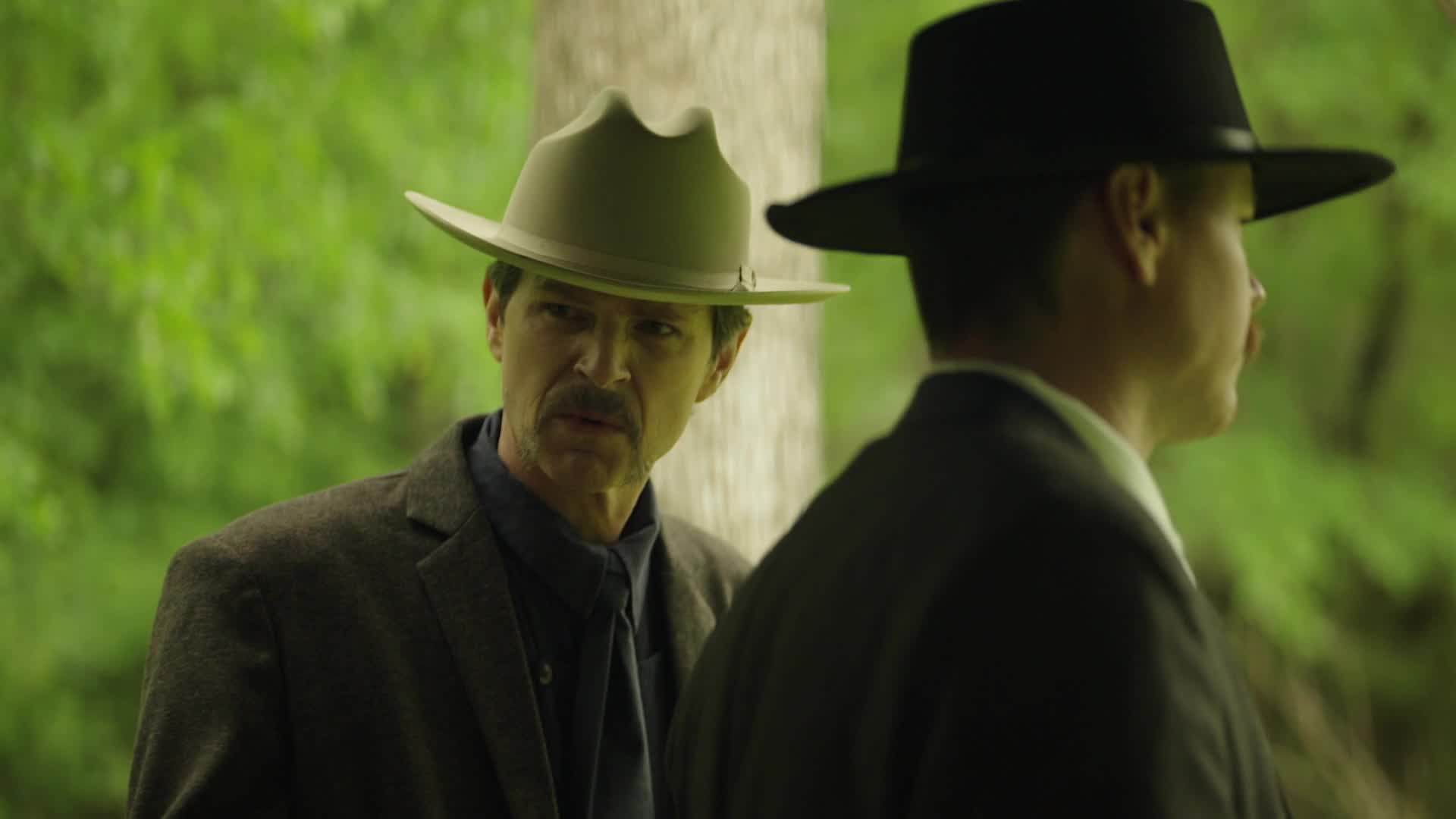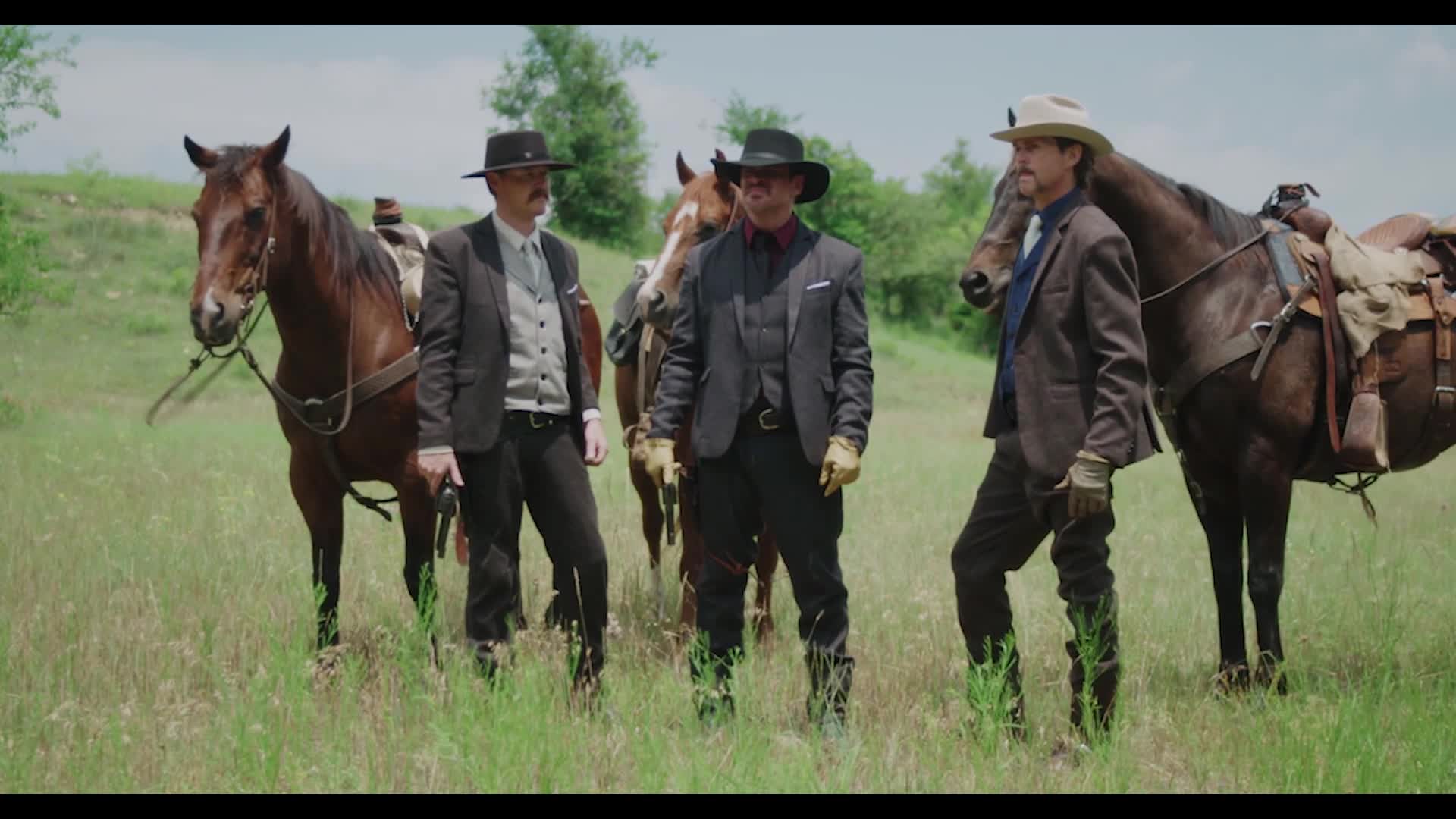is most commonly known as a classic stage comedy from the early twentieth century, written by Hungarian playwright Ferenc Molnár. Originally titled Testőr in Hungarian, the play was translated into English and adapted for Broadway in 1924. It later gained wider recognition with film and television adaptations. The most iconic of these is the 1931 film starring Alfred Lunt and Lynn Fontanne, who had also performed the play on stage to great acclaim. The story is a clever and charming exploration of love, jealousy, and the thin line between trust and deception within marriage.
Set in the world of theater and high society, The Guardsmen centers on a married couple—an actress and her actor husband—who begin to test the boundaries of their relationship. The husband, convinced that his wife might fall for a more romantic and heroic figure, disguises himself as a dashing guardsman in order to woo her and test her loyalty. What follows is a witty and at times farcical series of encounters, with the actress suspecting—or perhaps knowingly playing along—as the husband becomes increasingly entangled in his own game.
The brilliance of the story lies in its theatricality. It plays with ideas of performance not just on the stage, but in everyday relationships. Are we ever truly ourselves with those we love, or are we always performing some version of who we think we should be? The play suggests that love, like theater, often depends on illusion, timing, and audience participation.

Alfred Lunt and Lynn Fontanne, one of the most famous acting duos of the twentieth century, were praised for their chemistry and comedic timing in both the stage and film versions. Their performances brought emotional depth and subtle irony to the script, elevating what could have been a light comedy into something more sophisticated and enduring. Their portrayal of a couple who know each other so well that they can deceive and entertain one another simultaneously made the characters feel both modern and timeless.
The 1931 film adaptation, directed by Sidney Franklin, retained much of the stage version’s elegance and sharp dialogue. It was well received at the time and has since become a touchstone for early romantic comedies with theatrical roots. Though somewhat dated in style by modern standards, it remains notable for its clever structure, strong performances, and the way it explores relationship dynamics through wit rather than sentimentality.

Over the years, The Guardsmen has been revived on stage multiple times, often in repertory theaters or as part of retrospectives on early twentieth century European drama. It appeals to audiences who enjoy intelligent comedy, psychological gamesmanship, and theatrical flair.
In conclusion, The Guardsmen is a classic comedy of manners that examines the intricacies of love, fidelity, and the roles we play within romantic relationships. Its enduring popularity lies in its universal themes and the playful yet poignant way it captures the tension between truth and performance. Whether read on the page, seen on stage, or watched in film, it continues to charm and provoke thoughtful laughter.
![[REC]⁴ Apocalypse [REC]⁴ Apocalypse](https://images.squarespace-cdn.com/content/v1/607d9bb64afcb51ff8ffa174/1658940070707-N7PR64UVCMCVSEK1K9RP/July+28+-+REC+4+APOCALYPSE+%282014%29.jpg)


